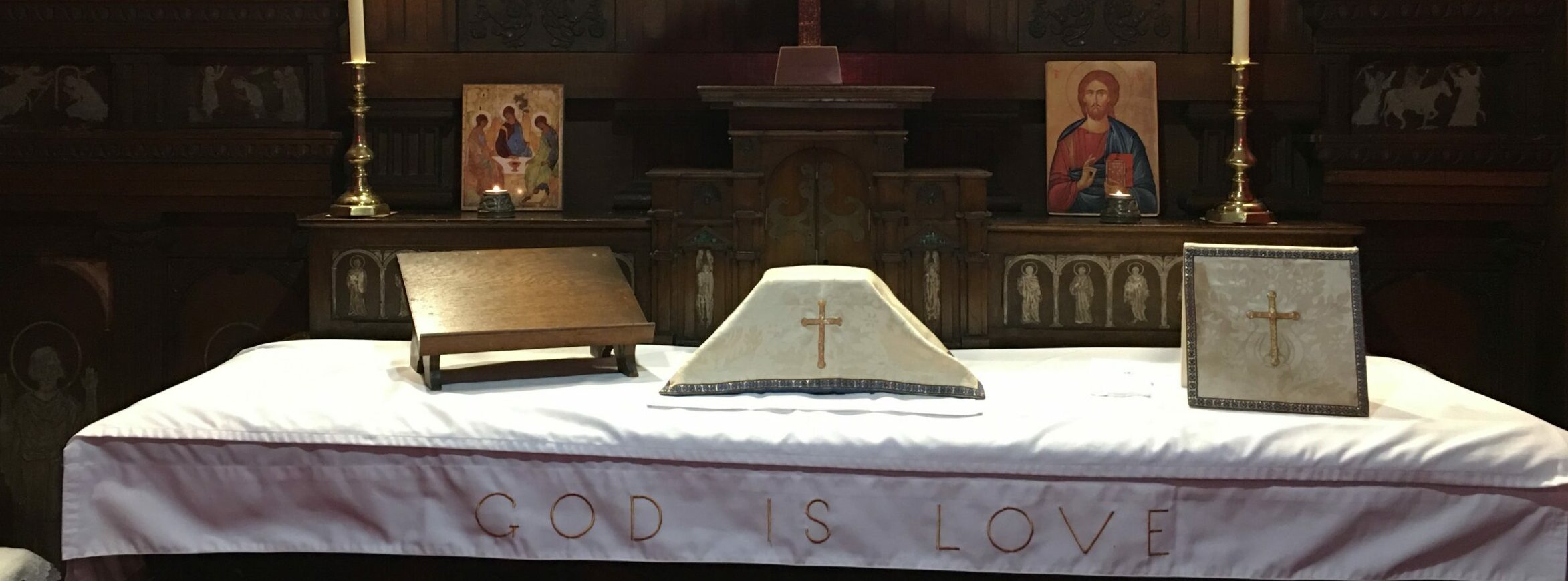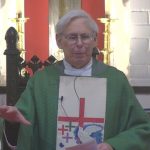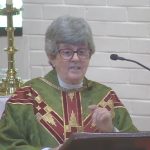
Albert Einstein once said that we have two choices about how to live in this world. As if there are no miracles or as if everything is a miracle. Although Einstein was not a conventional religious person, he had seen too much of the universe to be an atheist. His sense of wonder grew the older he got and the more he discovered, and discovered that he didn’t know.
To live as everything is a miracle is not to believe that God keeps jumping in and suspending the laws of nature. Rather it is a sense of wonder that so much of what comes to us in life and happens is gift. That, given the almost statistical impossibility, the very existence of our goldilocks planet is a gift and should not be here by any law of averages at all. Most of all though it is an appreciation that the ordinary stuff of life matters and that each person we meet bears the divine image…there are no ordinary people.
Light is not something we look at but by which we see everything else, so when the apostle John said Jesus is the light of the world he meant that in seeing the world through his eyes we see everything and everyone as they really are. Our faith acts like what I said in my post last week: it helps us recover our wonder and reframe the world, opening us up to what may be possible after all.
Now this all sounds very pious and spiritual but one of my literary heroines who demonstrates this is anything but spiritual or pious. Olive Kitteridge is a large, intimidating and outspoken lady in her seventies who is scared of her feelings, confused why people find her difficult, including her own family. Yet now and again Olive sees through to the wonder of the ordinary.
Here’s an example: Sometimes, like now, Olive had a sense of just how desperately hard every person in the world was working to get what they needed. For most it was a sense of safety, in the sea of terror that life increasingly became. People thought love would do it, and maybe it did.
Or…She remembers what hope was, and this was it. That inner churning that moves you forward, ploughs you through life the way the boats below ploughed the shiny water, the way the plane was ploughing forward to a place new, and where she was needed. She had been asked to be part of her son’s life.
It is in our own human messiness and limitations, quirks and foibles, not in spite of these, that Christians believe God meets us in the face of one another. The gospel of John says from his fullness we have all received grace upon grace… or perhaps more accurately and beautifully… grace responding to grace gracefully. As we start to pull through this time of pandemic let’s live generously and hopefully once again, allowing the springtime of the Spirit to live and see as others as Jesus did.
Rev. Paul Watson


